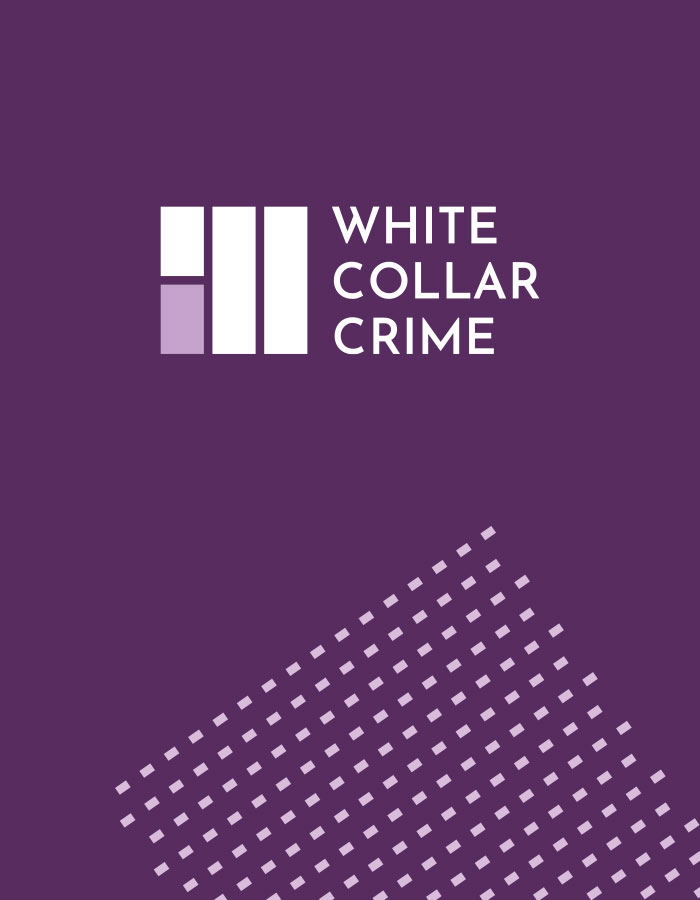Speed read: The UK government has committed to introducing a global corruptions sanctions framework later this year. It is likely that persons wherever located can be designated on the basis that there is a ‘reasonable suspicion’ they are involved in corruption. The new regime holds implications for UK companies that are subject to UK sanctions wherever they may do business and is a further indication of the UK’s autonomous and more assertive sanctions approach.
Now that the UK is out of the EU, a bolder sanctions policy is well underway. Prior to the end of the transitional period, we previously commented on signs that the UK would pursue a more aggressive regime to further political and security objectives. In further evidence of this, the government has confirmed in the Integrated Review of Security, Defence, Development and Foreign Policy, published 16 March 2021, that later this year it will launch a second global sanctions regime. This time the global regime will target corruption and will follow the government’s first global regime which was unveiled in July 2020 and directed at human rights violations.
The Integrated Review underscores the agility of UK sanctions now they are no longer subject to multilateral input and the government’s intention to sanction more frequently. Corruption sanctions will include targeted asset freezes and travel bans on individuals, their companies and family members. They are directed at complementing the human rights sanctions framework and the UK’s existing anti-corruption toolkit which includes the corporate failure to prevent offence and use of Unexplained Wealth Orders and other investigative tools in Part 8 of the Proceeds of Crime Act 2002. Countries such as the US and Canada already have corruption as a basis for designation and the Integrated Review foreshadows “working with” allies with similar sanctions regimes. A level of coordination is on the cards.
Introduced in 2017, the Canadian regime provides for sanctions to be imposed where a foreign public official or an associate is responsible for or complicit in acts of “significant corruption”. The US regime deploys a similar approach, and recent sanctions on corruption grounds in the last three months have included designations of both current and former Ukrainian, Latvian and Cambodian officials. The UK model will set out the designation criteria in Regulations to be introduced later this year. Assuming Regulation 6 of the Global Human Rights Sanctions Regulations 2020 serves as a guide, it can be expected that the Secretary of State will have power to designate any person reasonably suspected of being “involved” in serious or significant corruption. This will include not only the person directly involved but also associates, agents, entities directly or indirectly controlled by them and any person profiting from such activity or providing funds or services to facilitate it. Remembering that the threshold for suspicion is low, the power conferred on the Secretary of State is substantial.
Companies and firms are advised to watch for the introduction of the corruption sanctions regime later this year and note the following —
- There is a level of extra-territoriality to UK sanctions. They are enforceable against all UK persons (individuals and organisations) wherever located. Accordingly, a sanctions breach can take place wholly outside of the UK. Those who travel abroad to meet, for example, potential suppliers or business partners must be aware of this.
- An organisation can be subject to sanctions even if not specifically named on the OFSI Consolidated List. Entities that are directly or indirectly controlled by a designated person (holding directly or indirectly 50% of shares, voting rights or power to directly appoint or remove from the Board) are captured. It is essential for due diligence to be undertaken on all prospective clients and business partners.
- In the event that a breach of sanctions is identified or suspected, careful advice and self-reporting to OFSI will be critical.
- Corruption sanctions imposed by other jurisdictions have caught individuals and organisations in countries where some UK companies do have manufacturing and other supplier relationships (ie., Cambodia). Given that the UK has foreshadowed working with the US and Canada when it comes to sanctions in the future, UK companies are reminded of the need to be satisfied of a prospective supplier’s ownership structure and anti-bribery approach.
- The UK sanctions regime is now autonomous and more assertive. To ensure that it is has sufficient bite, it can be expected that civil enforcement by OFSI will increase. There are also criminal offences that apply to sanctions circumvention likely to be prosecuted in due course. In the areas of anti-corruption and sanctions compliance, UK companies would be well served by getting their processes in order now.
…
Bright Line Law specialises in advice and representation in relation to sanctions matters. Instructions are welcome from professional firms and directly from companies and individuals. Bright Line Law was founded by Jonathan Fisher QC, who is ranked in Band 1 for Financial Crime as well as POCA and Asset Forfeiture work. He is joined by Anita Clifford and Rachel Clark, barristers specialising in POCA, sanctions and tax investigations. Bright Line Law is well placed to advise on sanctions interpretation, the engagement of reporting duties and policies and procedures.







